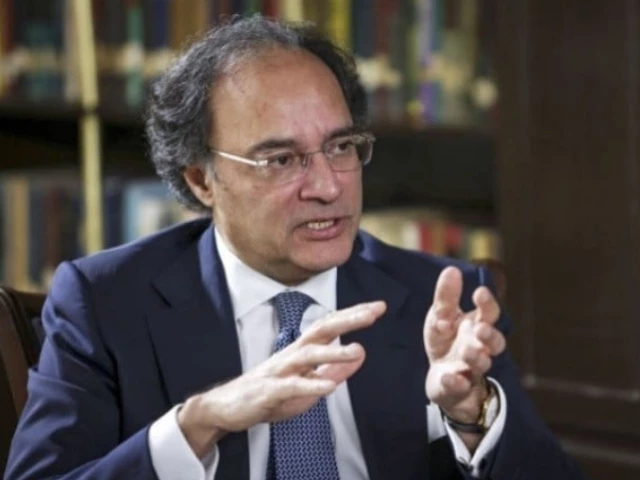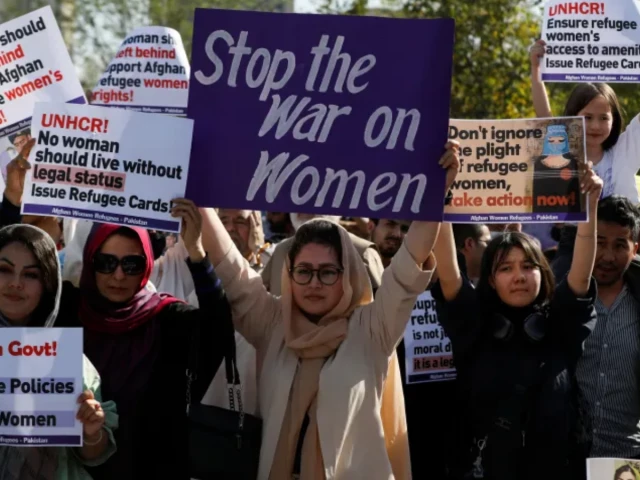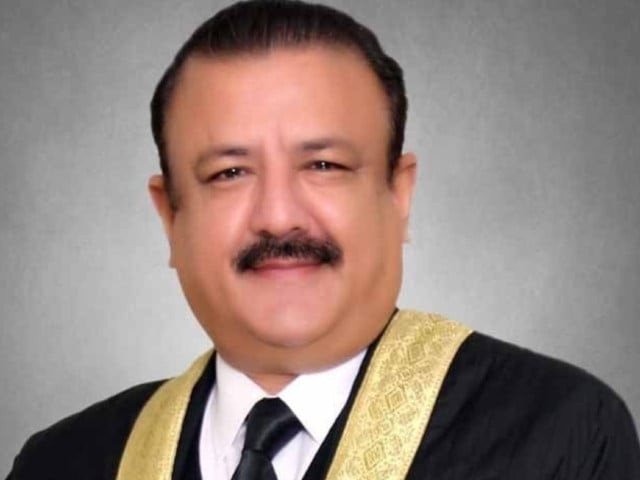Pakistan breaks ranks with Taliban regime after cross border clashes | The Express Tribune
ISLAMABAD: When the Afghan Taliban returned to power in August 2021, Pakistan emerged as its biggest backer as it advocated deeper engagement with the new Kabul rulers and worked tirelessly to seek its international legitimacy. Pakistan’s efforts stemmed from the fact that it enjoyed close and historic ties with the group and was confident that…
ISLAMABAD:
When the Afghan Taliban returned to power in August 2021, Pakistan emerged as its biggest backer as it advocated deeper engagement with the new Kabul rulers and worked tirelessly to seek its international legitimacy.
Pakistan’s efforts stemmed from the fact that it enjoyed close and historic ties with the group and was confident that under the Taliban government, relations with Afghanistan would only improve.
Islamabad’s biggest concern remained the use of Afghan soil by groups such as the Tehreek-e-Taliban Pakistan (TTP) and its affiliates. Pakistan felt that previous administrations of Karazi and Ghani were probably complicit in allowing these groups to operate.
However, it had different expectations from the Afghan Taliban and hence it persuaded the international community to stay engaged with the interim setup at the start.
Nevertheless, it took only a few months for Pakistan to realize that the Afghan Taliban and the TTP were two sides of the same coin. Yet, Pakistan did not give up and kept on trying to find a way out of the issue.
But the Afghan Taliban forces’ “unprovoked attacks” on multiple Pakistani posts on Saturday night finally brought a paradigm shift in Islamabad’s Afghan policy.
Afghan forces on Saturday opened fire at multiple locations along the border, including Angoor Adda, Bajaur, Kurram, Dir and Chitral areas in Khyber-Pakhtunkhwa (K-P) and Zhob district in Balochistan province.
The Pakistan Army responded swiftly and forcefully and its retaliatory action resulted in the death of 200 Taliban and the TTP operatives. While the military’s media wing provided operational details of the Afghan attacks and Pakistan’s response, the late-night statement issued by the Foreign Office dropped a clear hint about Pakistan’s ‘U-turn’ on the Afghan Taliban.
In the Foreign Office readout, Islamabad refrained from describing the Kabul administration as the Afghan interim government. Instead, it was called “Taliban regime,” a calculated move to question its legitimacy. What was more telling in the official handout was Pakistan’s desire for a representative government in Kabul.
“Pakistan is desirous of a peaceful, stable, friendly, inclusive, regionally connected, and prosperous Afghanistan. Pakistan expects the Taliban regime to act responsibly, honour its commitments, and play a constructive role in achieving the shared objective of rooting out terrorism from its soil.
“We also hope that one day, the Afghan people would be emancipated and they would be governed by a true representative government,” it said in a clear departure from earlier positions.
Official sources told The Express Tribune that the shift was part of Pakistan’s well calibrated move, reflecting the current state of play.
Sources said Pakistan would no longer support the Taliban regime unless the Kabul administration mends its ways and addresses its genuine security concerns.
Pakistan also set new rules of engagements meaning any further terrorist attacks from across the border would invoke a swift response inside Afghanistan.







